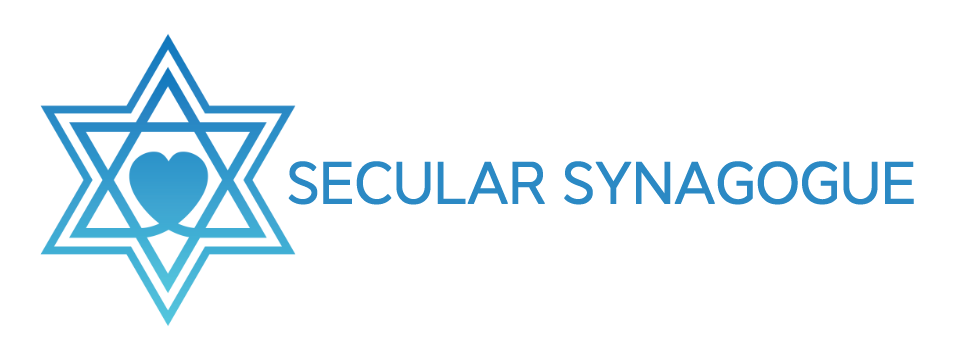Ghosts, Goblins and Gemara
It’s almost Halloween, a very important holiday in my house. Fun fact: Charlie and I got engaged on Halloween (and then watched the only scary movie we could find as we were post-cable but pre-Netflix - it was House of Wax starring Paris Hilton. I can’t say I recommend it).
I have always loved the energy and excitement of Halloween. I love how, when you think about it, it’s weird that all these kids dress up, go to homes of people they don’t know, accept candy from those people, stay up late (all no-nos all other times). It’s a holiday for rule-breakers and outliers. It’s perfect for secular Jews who, generally speaking, are up for a little rule-breaking and a little partying.
The other thing that’s neat about Halloween is that it’s a holiday that emerges from other holidays: The Celtic festival of Samhain was incorporated into the Catholic All Saints Day and its All Hallows Eve. There are resonances with Mexico’s Day of the Dead. While this has nothing to do with Judaism, it is similar to how our own holidays evolve over time. Take Chanukah, borrowing from other festivals of light, a historical holiday, then the rabbinic overlaying of a narrative about “miracles,” and the ways the holiday has been shaped by other winter festivals, particularly Christmas. It’s not a process unique to Judaism, but it is a pretty foundational practice in Judaism, to reinterpret things to make them relevant for the day.
The Gemara is the Talmudic rabbinic commentary on the Mishnah, which is the oral commentary/law coming from Torah. It’s text on text on text. Like Halloween, new meanings are layered on to create a compendium, confluence, convergence, of ideas and practices.
Halloween is ghosts and goblins meet Gemara; how we make it work for us now, where and who we are. So, while Halloween is not a specifically Jewish holiday, we can enjoy it through a Jewish lens. Make whatever traditions you have (even if that’s watching a terrible Paris Hilton movie), your own.
Until next week,
Denise

